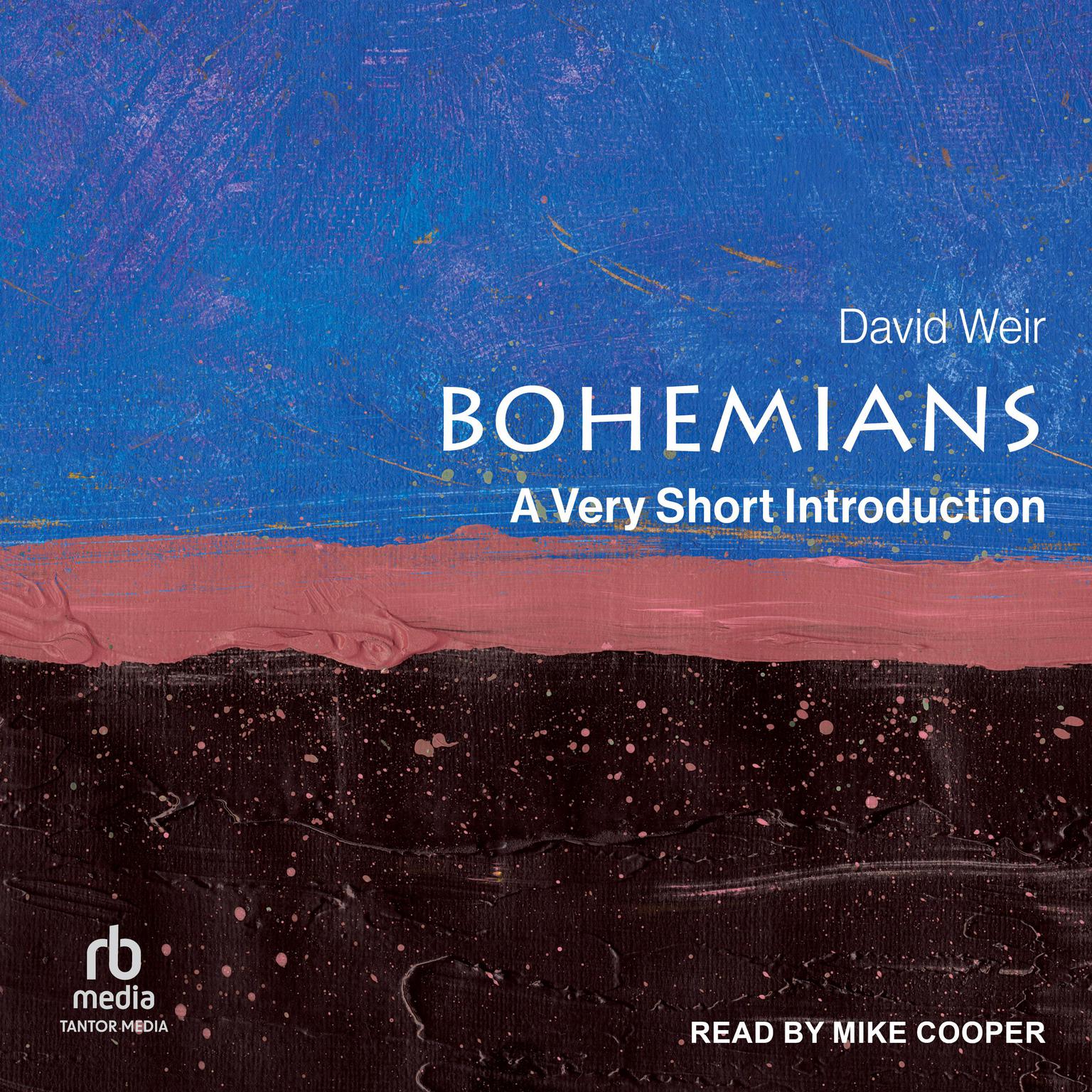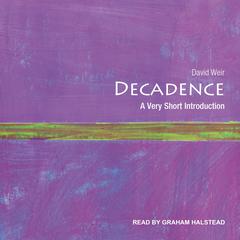 Play Audiobook Sample
Play Audiobook Sample
Bohemians: A Very Short Introduction Audiobook
 Play Audiobook Sample
Play Audiobook Sample
Quick Stats About this Audiobook
Total Audiobook Chapters:
Longest Chapter Length:
Shortest Chapter Length:
Average Chapter Length:
Audiobooks by this Author:
Publisher Description
The Romantic myth of Bohemia originated in the early nineteenth century as a way of describing the new conditions faced by artists and writers when the previous system of aristocratic patronage collapsed in the wake of the Age of Revolution. Without the patron system, the artist was free to move around, to seek an audience wherever fortune beckoned. This marketing model likening the artist's vagabond career to the "gypsy" life helps to explain part of the bohemian myth, but not all of it. Most bohemians have scant interest in commercial gain and are not so itinerant after all, confining their movements to down-market urban neighborhoods where the rent is cheap and the morals are loose.
This Very Short Introduction traces the myth of Bohemia through its various fictional manifestations, from Henry Murger's novel Scenes of Bohemian Life and Giacomo Puccini's opera La Bohème to Aki Kaurismäki's film La vie de Bohème and Jonathan Larson's musical Rent. It goes on to examine the history of different bohemian communities, including those in the Latin Quarter of Paris and the Greenwich Village neighborhood of New York. David Weir also considers the politics of Bohemia and traces the careers of the artists Gustave Courbet and Pablo Picasso and the great chanteuses Yvette Guilbert, Fréhel, and Edith Piaf in the Montmartre neighborhood of Paris.
Download and start listening now!
Bohemians Listener Reviews
Be the first to write a review about this audiobook!
About David Weir
David Weir is Professor Emeritus of Comparative Literature at Cooper Union, where he taught literature, linguistics, and cinema for thirty years. He has published books on Jean Vigo, James Joyce, William Blake, orientalism, anarchism, and decadence.
About Mike Cooper
Mike Cooper is the pseudonym of a former financial executive. Under a different name his work has received wide recognition, including a Shamus Award, an International Thriller Writers Award nomination, and inclusion in Best American Mystery Stories. He lives in Boston.




